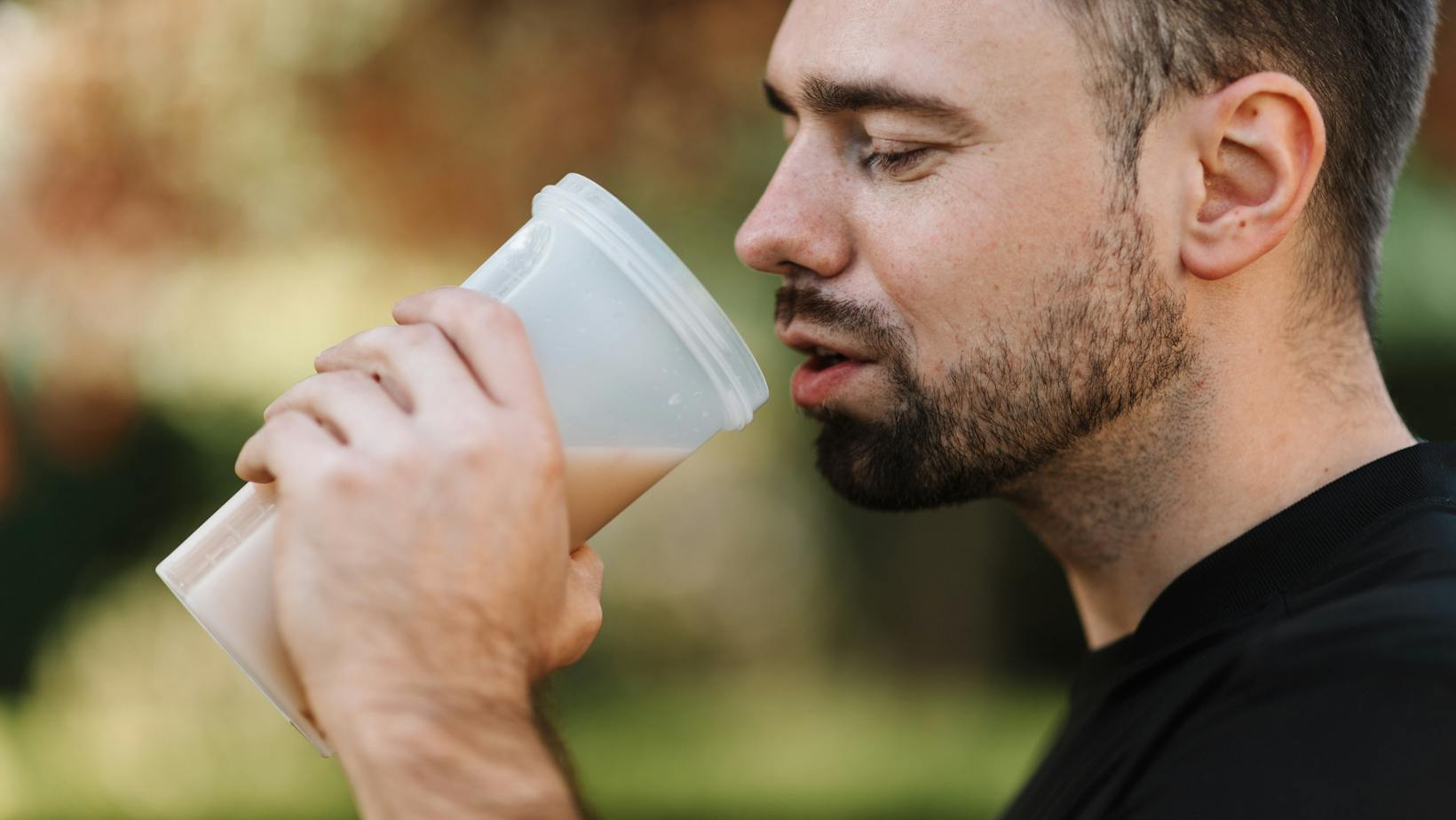
If you’re following a keto diet, you’ve likely heard of whey protein. It’s a popular supplement among fitness enthusiasts and those looking to boost their protein intake. But is it suitable for a keto lifestyle? Let’s dive deep into the subject.
Whey Protein For Keto Diet
A keto diet, short for ketogenic diet, is a low-carb, high-fat diet that can help you burn fat more effectively. The main objective of the diet is to force your body into ketosis, a state where it burns fat for fuel instead of carbohydrates.
Benefits of a Keto Diet
The keto diet offers various health benefits. Here are a few that stand out:
- Weight Loss: Since your body turns fat into energy, a keto diet can help in significant weight loss. That’s why many people incorporate whey protein for a keto diet, which aids in muscle recovery while keeping carb intake low.
- Improved Mental Clarity: A body running on fats experienced increased focus and concentration.
- Control on Blood Sugar Levels: With a reduction in carb intake, blood sugar levels tend to stabilize.
How Does a Keto Diet Work?
The keto diet flips your body’s default energy source, changing it from carbohydrates to fats. Normally, our bodies prefer the easy-to-use energy from carbs. However, once carb intake is restricted, the body begins to burn stored fat for energy in a process called ketosis. This shift makes the body incredibly efficient at burning fat for energy, leading to weight loss.
Incorporation of whey protein for a keto diet is frequent due to its low carb content. With this focus on high protein and low carbs, muscle mass can be maintained or even built, all while keeping your body in the state of ketosis. And that’s exactly why many people opt for whey protein to complement their keto diet.
The Role of Protein in a Keto Diet
When it comes to the keto diet, managing your macros is key. Protein, specifically, plays an essential role which cannot be understated.
That’s particularly true when we’re talking about whey protein for keto diet followers – it’s a practical way to get the protein you need, without tipping the carbohydrate balance. You’re probably wondering why protein is so critical for a keto diet, how much protein to consume, and how it all fits together. Let’s dive right in.
How Much Protein Should You Consume on a Keto Diet?
Here comes the million-dollar question. The answer varies from person to person based on factors such as their age, size, weight, and activity level. But, generally speaking, an average sedentary man needs about 56 grams and an average sedentary woman needs about 46 grams of protein per day.
With a keto diet, it’s more about the ratio. Conventionally, you would aim for 60 to 75% fat, 15 to 30% protein, and 5 to 10% carbohydrates. That’s where whey protein for the keto diet can come in handy. It can help you meet your protein goals without the carb value.
So there you have it. Your keto journey won’t be complete without getting a handle on the role and importance of protein. And, if you’re struggling to hit your protein target, consider supplementing with tasty whey protein. It’s a win-win for keto dieters.
Conclusion
I’ve highlighted the significant role whey protein plays in a keto diet. It’s a top-notch source of protein that doesn’t pile on unwanted carbs. Remember, protein is crucial for tissue repair and building, and it’s even more vital for those on a keto diet. It safeguards against muscle mass loss and aids in keeping a robust metabolism.
However, the protein requirement differs based on factors like age, size, weight, and activity level. Typically, an adult needs around 46-56 grams of protein daily. Whey protein is an excellent way to hit these protein targets without the extra carbs. So, if you’re on a keto diet, don’t overlook the importance of whey protein. It could be the key to maintaining your health while sticking to your low-carb goals.

